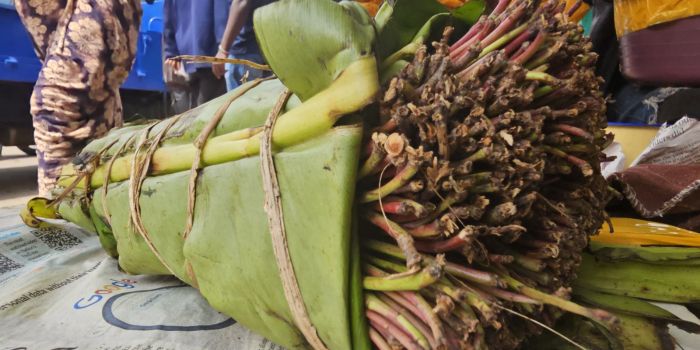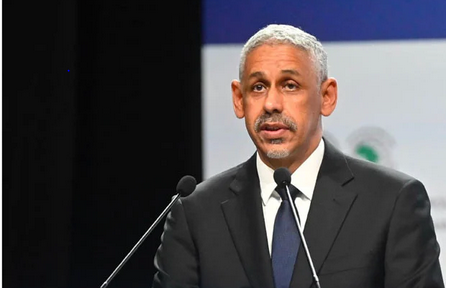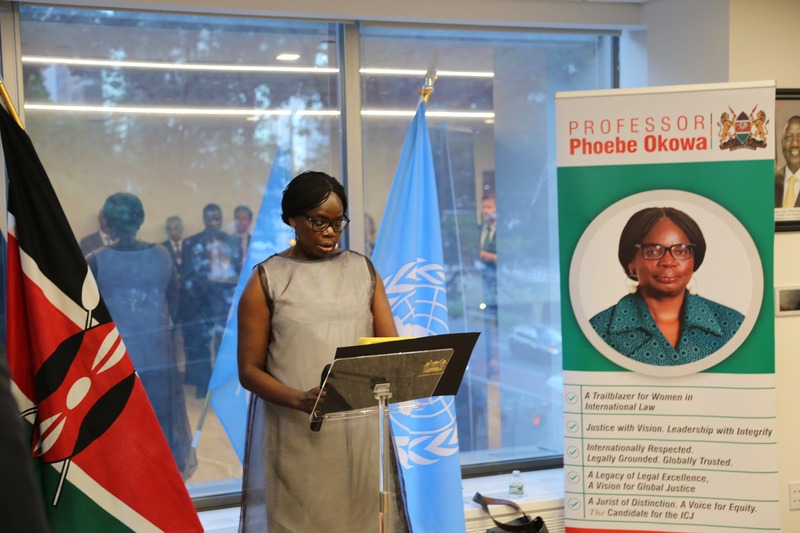Evolution of Kenya's Coastal tourism in the eyes of 80-year-old Lamu tour guide

Twaha reflected on those days of his youth and today, where he observed how the sector has changed, noting that there is a lot of local (domestic) tourism happening unlike before.
Twaha Ahmed Omar has been in the tourism sector for over 60 years now, manoeuvring with past and present trends, provided he gets something to bring to the table.
The 80-year-old Twaha from Pate Island in Lamu East is among the longest-serving tour guide operators across the Lamu Archipelago and the Coast region at large.
More To Read
- Lamu intensifies efforts to market region as key tourist destination
- Lamu unveils first-ever recreation park in bid to boost tourism and trade
- Lamu tourism stakeholders call for more flights to meet rising demand
- Lamu County residents harness wildlife, beaches to boost tourism
- Lamu conservationists embrace ecotourism to fight environmental degradation, climate change
- Boon for business owners as Lamu gears up for 10th Yoga Festival
He started tour guide operations at the age of 18 years.
Today, Twaha is still active in the industry which he admits has undergone a great transformation.
During an interview with The Eastleigh Voice, Twaha reflected on those days of his youth and today, where he observed how the sector has changed, noting that there is a lot of local (domestic) tourism happening unlike before.
He insists it is clear that general exploration has transformed dramatically around the globe.
“I remember in the 1980s and 1990s when real tourists flocking this place were mostly the international ones coming from outside countries. I used to take tourists from the United Kingdom (UK), France, Germany, Italy, and the Netherlands among others around places in Lamu. We earned a lot from them,” said Twaha.
“Today, however, things have changed. Many locals have embraced domestic tourism. We receive visitors from Nairobi, Nakuru, Kisumu and the rest coming to Lamu and the Coast region, just to explore an aura of beaches, and other tourist attraction sites in this place.”
Transport evolution
Twaha also notes that the improvement of transport in today’s world has also boosted the foundation of tour operation organisations.
This has in turn led to mass tourism, especially in the 21st century.
“Even the tour guides operating in this place were very few, only me and other colleagues who have so far retired while others have died. But due to the mass travel of tourists owing to the improved transport, we’ve witnessed many people, especially the youth engaging in tour guide activities,” said Twaha.
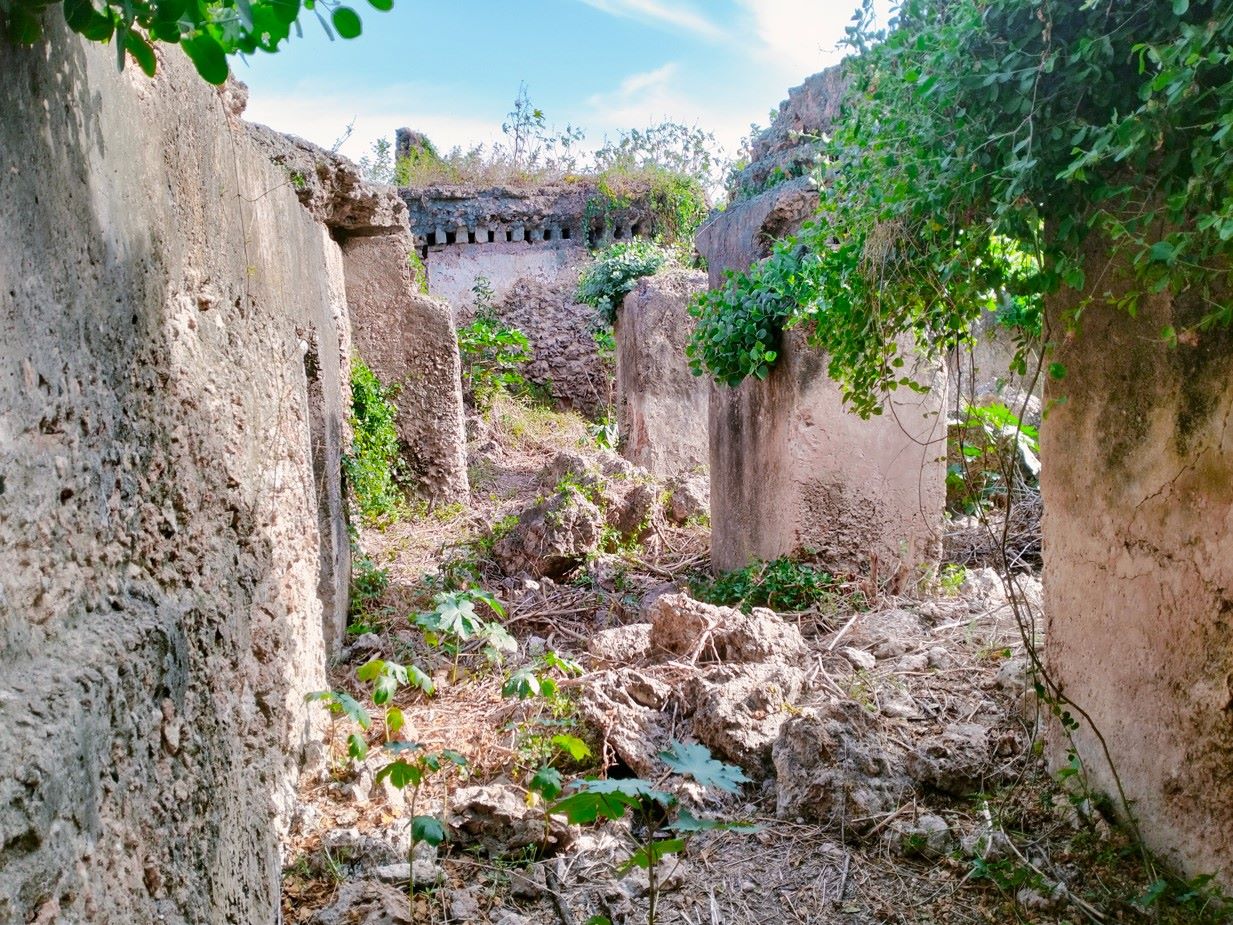 A view of the Pate Ruins in Lamu County. (Photo: Farhiya Hussein)
A view of the Pate Ruins in Lamu County. (Photo: Farhiya Hussein)
Twaha also says cash flow among tour guide operators was good in previous years compared to today, attributing the situation to the high cost of living.
He vividly cites the changing face of the industry, revealing the existence of new-age tourism versus old tourism.
Compared to the 1980s and 1990s, Twaha acknowledges that times are really changing and so are the demands and expectations of the ‘new’ traveller.
“It’s undeniable that the sector is growing with the dynamics and preference of tourists also changing. The search for different experiences, different adventures, and different lifestyles has paved the way for this concept of ‘new tourism,” said Twaha.
He says today, attention is being turned to exploring new frontiers or daring to go where traditional thought did not allow.
“It’s clear that “new’ tourists, especially those visiting Lamu and the Coastal destinations are increasingly being seen to be environmentally sensitive, displaying respect for the culture of host nations and looking to experience and learn rather than merely stand back and gaze,” he says.
He reiterates that ‘new’ tourists are participators not spectators unlike in the olden days.
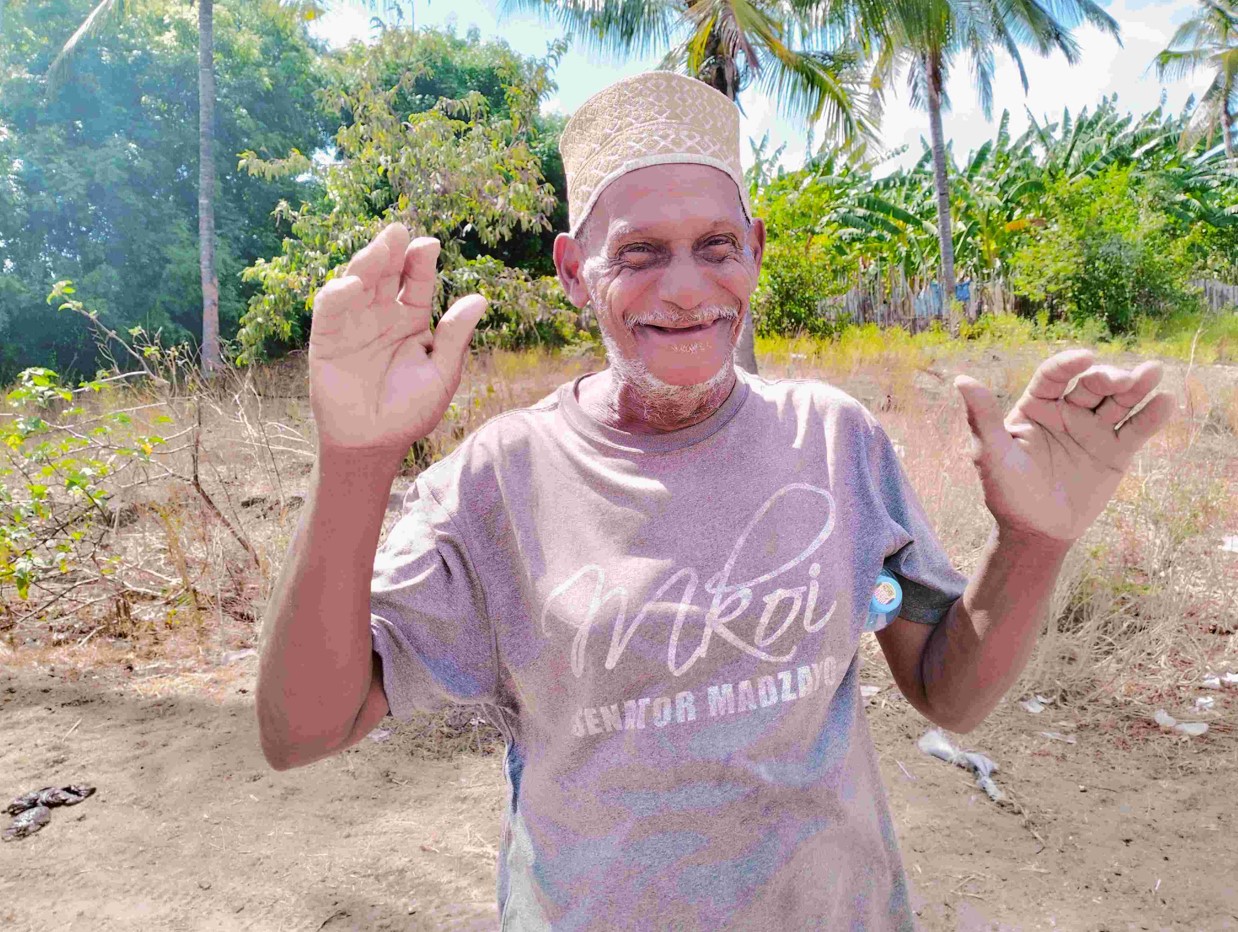 Lamu's oldest tour guide, Twaha Ahmed Omar who is 80 years old. (Photo: Farhiya Hussein)
Lamu's oldest tour guide, Twaha Ahmed Omar who is 80 years old. (Photo: Farhiya Hussein)
Mr Twaha notes that things that would never appear on the list of the olden-day tourist such as adventure, getting off the beaten track and mingling with the locals are now the foundations of the new tourist experiences.
Technology
Touching on matters of technology, Twaha admits that the world of tourism has today been transformed into a global village.
He says the internet has resulted in an easy shift in market dynamics towards the ‘new’ style of tourism.
Moreover, the internet now brings travel to the masses, as anyone can go online, research and reserve a vacation.
This was impossible in past years.
“Technology has fueled the growth of experiential tourism. There’s increased network tourism initiatives, the development of interpretive highways, the explosion of interpretive centres, the latest trend towards regional base camps among others,” said Twaha.
He adds, “A new era has arrived, and a new kind of tourism is emerging, sustainable, environmentally and socially responsible, and characterized by flexibility and choice. A new type of tourist is driving it: more educated, experienced, independent, conservation-minded, respectful of cultures, and insistent on value for money. Typically, these tourists are turning away from travel and prefer to have a high level of involvement in the organization of their trip.”
Twaha, however, admits that despite the improved trends of tourism, the sector has, however, been facing challenges, citing insecurity caused by Al-Shabaab attacks in Lamu, Kenya and globally in recent years, as well as the 2019 Covid-19 pandemic.
“Up to date, we’re still counting the negative implications of the Covid-19 pandemic on the tourism sector. Insecurity caused by Al-Shabaab in places like Lamu are among the issues that we didn’t face as tour guides in the industry in the olden days,” said Twaha.
He is, however, optimistic that the ongoing online or digital marketing campaigns will help bring tourism back to its feet.
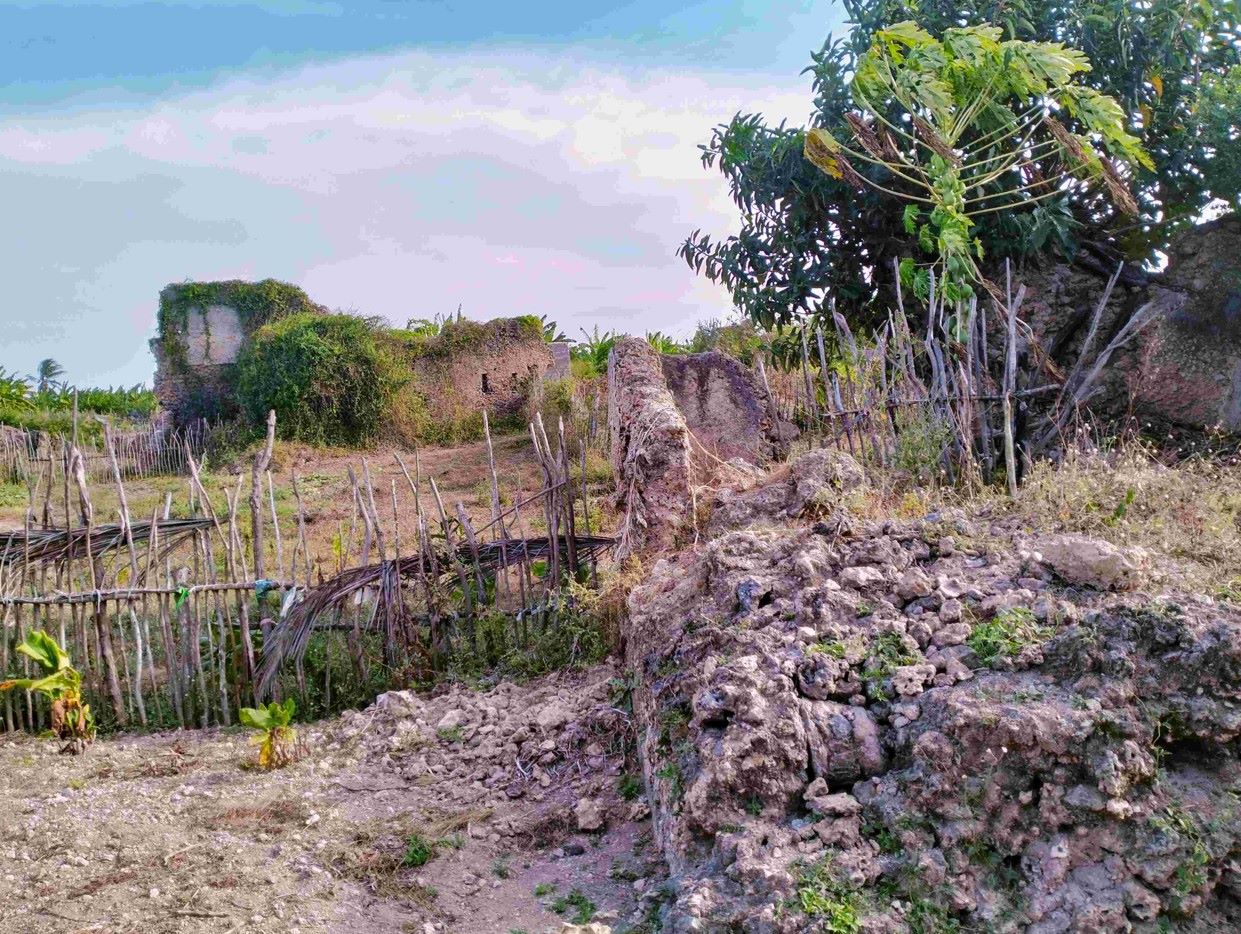 A view of the Pate Ruins in Lamu County. (Photo: Farhiya Hussein)
A view of the Pate Ruins in Lamu County. (Photo: Farhiya Hussein)
On why he is not ready to retire from the industry, Twaha laughs and says, “I am here to stay. I will only leave the tour guide job when I am dead. I love it to the fullest.”
Through the tour guide operation’s job, Twaha has been able to make friends both locally and internationally.
Today, he can effectively and fluently converse in English, German, and Italian despite the fact that he has never stepped into a class.
Such languages have made it easy for him to understand the needs of his varied clients.
He is a sought-after person by tourists visiting Lamu East.
Some of the tourists interviewed by The Eastleigh Voice and who have once been handled by Twaha described him as an experienced, dedicated, loving, and informed tour guide.
Adalyn Henry, a frequent tourist to the Lamu Archipelago from the UK, cited Twaha’s welcoming and cool nature as part of the reasons for him becoming a sought-after person.
“Twaha is informed of the history of all the ruins, sites and monuments found in this place. The culture and tradition of the Lamu Swahili Bajuni Community are also at Twaha's fingertips. He’s friendly and we love him,” said Henry.
Top Stories Today
